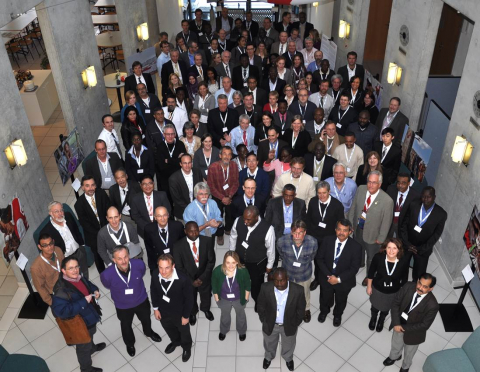Malaria vector control made steady progress over the past year, but these gains remained fragile, threatened by rising insecticide resistance and persistent residual transmission beyond the reach of traditional measures like Indoor Residual Spraying (IRS) and Long-Lasting Insecticidal Nets (LLINs). Financial constraints posed a critical challenge. As pyrethroid resistance drove up immediate control costs and mass campaign-deployed LLINs required replacement, many programs faced severe funding shortages and had to do more with less. The vector control community adapted its efforts to tackle these threats, relying on the partnership’s diversity and reach to find solutions.
The 7th annual RBM Vector Control Working Group meeting convened over 150 participants from national programs, commercial partners, academia, NGOs, foundations, and multilateral and bilateral organizations to address these technical and programmatic challenges. The VCWG complemented the WHO Global Malaria Programme’s normative and policy-setting role by building consensus, strengthening partnerships, and working toward solutions.

